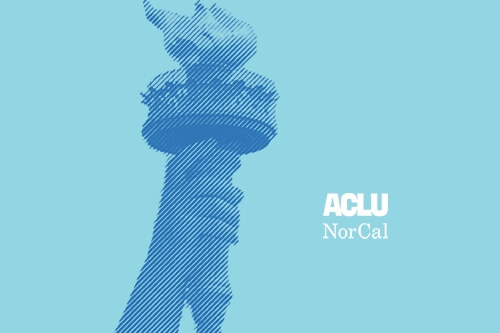People v. Milligan
Page Media

This case brings to light some of the ACLU Foundation of Northern California's concerns about a state law that makes it unlawful for a registered sex offender to live within 2,000 feet of a school or park. We argue that by applying the law to people who committed their crimes before the law went into effect, the state of California is advancing an overbroad interpretation that violates the state Constitution and the intent of the voters.
In the fall of 2007, the California Department of Corrections and Rehabilitation began enforcing the law against anybody with a sex offense on his/her record who was in prison for any reason on or after November 7, 2006 (when Prop. 83 was passed). As a result, among those forced to relocate were people with a single decades-old misdemeanor indecent exposure on their record who were in prison for a minor theft or drug offense.
Our amicus brief, filed in the California Court of Appeals in January 2009 in support of the defendant in the case People v. Milligan, argues that the residency restrictions passed under Prop. 83 can only be applied to people who have committed sex crimes after the law went into effect, and cannot be applied retroactively.
Under longstanding principle, laws do not apply retroactively unless clearly intended by the legislature (in this case, the voters).
Violates Ex Post Facto
We argue that:
- Applying the residency restriction retroactively violates the well-established principle that statutes are presumed to operate only prospectively, and
- Applying the statute retroactively violates the Ex Post Facto clauses of the U.S. and California constitutions.
The Ex Post Facto clause of the Constitution prohibits the application of a new law that inflicts greater punishment than the law in place when the crime was committed. We argue that the residency restriction of Prop. 83 crosses the line from regulation to punishment for a number of reasons, including that it does not bear any rational connection to any purpose other than punishment. The law effectively banishes registered sex offenders from the state's three largest cities and from major parts of all other cities, forcing them to relocate into areas that are far away from suitable housing or support services that have been shown to aid in reducing recidivism.
Restrictions Harm Public Safety
Moreover, the state's implementation of the law has been highly inconsistent: for example, the government has determined that a person who spends a single night in any sort of "structure that can be located by a street address" – specifically including a homeless shelter – is considered to reside at that address, but a person who lives "under a bridge or on a bench" is transient and thus not subject to the residence restrictions. Thus, a registrant cannot lawfully spend the night in a homeless shelter that is 1/3 mile from a park, but can live on a bench in that same park. As a result, there has been a dramatic increase in the number of parolees covered by the law who have declared themselves to be transient: from 88 such persons in November 2006, to 1,056 as of June 2008.
Thus the real effect of the residency restriction is to make it more difficult for anyone – police, parole agents, or members of the public -- to keep track of registered sex offenders, without in any measurable way reducing their access to schools or parks or improving public safety. For this reason and others, we argue that the law constitutes punishment and cannot be applied retroactively.
In a related case, In re E.J., S.P., J.S., K.T., et al on Habeas Corpus, the Prison Law Office filed a petition in the California Supreme Court asking the court to declare that the residency restrictions were unconstitutional in their entirety.
In November 2007, the ACLU Foundation of Northern California filed an amicus brief in support of the petition, asking the court to hear the case. Then, when the court accepted the case, ACLU Foundation of Northern California filed an amicus brief arguing that CDCR is improperly enforcing the residency restrictions against people who committed their offenses before the law took effect. This case is pending.
On February 1, 2010, the California Supreme Court held that the law could be enforced against persons who are required to register as sex offenders and who were released from prison onto parole for any offense after November 7, 2006. The court held that this was not a retroactive application of the law under state or federal law. The court did say that individual persons who believe that, because of their individual circumstances, the law is being enforced against them as an unreasonable parole condition may petition for habeas corpus in superior court.
The issue will likely be taken up in the federal courts.
